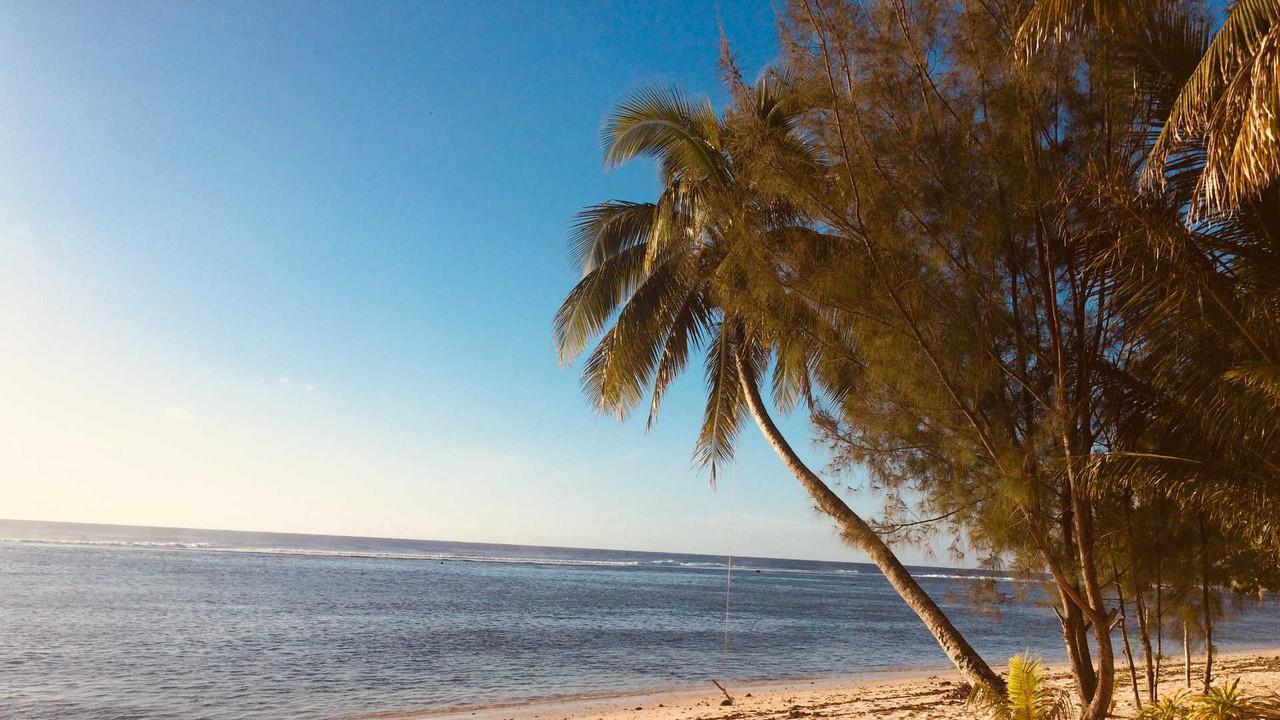Cook Islands
Comprehensive Country Overview
Explore the geography, history, and socio-economic factors shaping Cook Islands

Country description
The Cook Islands is an archipelago of 15 islands scattered across a vast expanse of the South Pacific Ocean, located roughly midway between New Zealand and Hawaii. The islands are divided into the Southern Cook Islands and Northern Cook Islands. Rarotonga, the largest and most populous island, is in the Southern Group and serves as the capital. The islands boast diverse topographies. Many southern islands have volcanic origins with lush interiors, while most northern islands are coral atolls—ring-shaped reefs enclosing a lagoon. The Cook Islands enjoys a tropical maritime climate, characterized by warm, sunny days and moderately high humidity with distinct wet and dry seasons. Temperatures are consistent year-round.
Historical Journey
Initial inhabitants of the Cook Islands were Polynesian voyagers who arrived around the 9th century CE, likely originating from Tahiti. Captain James Cook, the archipelago's namesake, sighted several islands during his voyages in the 1770s. The early 19th century saw the arrival of missionaries from the London Missionary Society, significantly affecting Cook Islander culture. The Cook Islands became a British protectorate in 1888 and were annexed to New Zealand in 1901. In 1965, the country achieved self-governing status in free association with New Zealand.
Socio-economic Landscape
Population and Culture
Cook Islanders are predominantly of Polynesian descent, known as Cook Islands Māori. They are renowned for their warmth, hospitality, and vibrant Polynesian culture. Significant emigration to New Zealand has occurred over the years, creating a large Cook Islander diaspora. Christianity plays a central role in Cook Islands society, with the Cook Islands Christian Church being the largest denomination.
Economy
Tourism is the lifeblood of the Cook Islands economy, renowned for pristine beaches, lagoons, and lush landscapes. Pearl farming, fishing, and agriculture also contribute significantly. The Cook Islands shares a close economic relationship with New Zealand, receiving aid and sharing a common currency, the New Zealand dollar.
Governance
The Cook Islands is a self-governing parliamentary democracy with the British monarch as the head of state. New Zealand remains responsible for defense and some foreign affairs. Each island has its own local government council, overseeing island-specific matters.
Workforce description
The Cook Islands has a small labor pool due to its limited population. The workforce is facing the challenge of an aging population, which could potentially lead to labor shortages. The gender distribution in the workforce is relatively balanced. However, youth unemployment is a concern.
The workforce is a mix of skilled, semi-skilled, and unskilled workers. Due to the dominance of the tourism sector, there's an emphasis on service-oriented skills such as hospitality and customer service. There's a continuous need to upskill and train workers to meet evolving industry demands.
Tourism is the backbone of the Cook Islands economy, and a significant portion of the workforce is employed in this sector. Traditional sectors like agriculture and fishing still play a role, especially in the outer islands. The government is a major employer in the Cook Islands, and there's an increasing presence of small businesses in various sectors.
Cultural norms impacting employment
In the Cook Islands, the family-centric culture often impacts employment as family obligations often take precedence over work schedules. This is accommodated by a more relaxed attitude towards timekeeping, allowing for greater flexibility in work schedules. Community gatherings and religious events also play a vital role, with employers frequently respecting the need for employees to attend these functions, even if it means occasionally being absent from work.
Communication Styles
Cook Islanders generally avoid direct confrontation, preferring subtle, indirect styles of communication to preserve harmony. This often involves reading between the lines to understand the true meaning. They place emphasis on establishing strong personal relationships before engaging in business discussions. Small talk and informal conversations are key before diving into work-related matters. Age plays a significant role in communication, with respect towards elders and those in positions of authority being paramount. It may be considered disrespectful to directly disagree with their opinions.
Organizational Hierarchies
Traditional Cook Islander society has a defined hierarchical structure, which often translates into the workplace, with deference given to those in more senior positions. While there might be clear leaders, decisions are often made in a consultative style, valuing input from the wider group. This process can sometimes be slower than in Western workplaces where individual decision-making is typical. Titles are important and should be used when addressing individuals, especially those in higher positions. Failure to do so can be seen as disrespectful.
Key industries and employment sectors
Tourism is the cornerstone of the Cook Islands' economic activity, attracting visitors worldwide with their pristine beaches, lush landscapes, and welcoming Polynesian culture. The sector directly and indirectly supports a significant portion of the workforce. With a growing focus on sustainable tourism, the Cook Islands are developing eco-tourism initiatives and promoting cultural experiences, ensuring the industry's long-term well-being.
Agriculture and Fishing
Agriculture, particularly the cultivation of coconuts (copra), citrus fruits, and other tropical varieties, remains a critical sector for the islands. Aquaculture, especially the farming of black pearls, has emerged as a major export. Both small-scale and commercial fishing activities are important to the Cook Islands' economy, contributing to food security and exports.
Offshore Finance
The Cook Islands has historically been known as an offshore financial center, offering tax advantages and registration services. While regulations have tightened, the offshore finance sector still plays a role in the economy.
Services and Government
A growing service sector caters to tourism with accommodation providers, restaurants, transportation, and activities. The public sector is a notable employer in the Cook Islands. Areas like education, healthcare, and infrastructure management offer employment opportunities.
Emerging Sectors
With the aim of shifting towards cleaner energy, the Cook Islands is exploring renewable sources like solar and wind power. The potential for deep-sea mineral extraction is under discussion, although it poses environmental concerns.